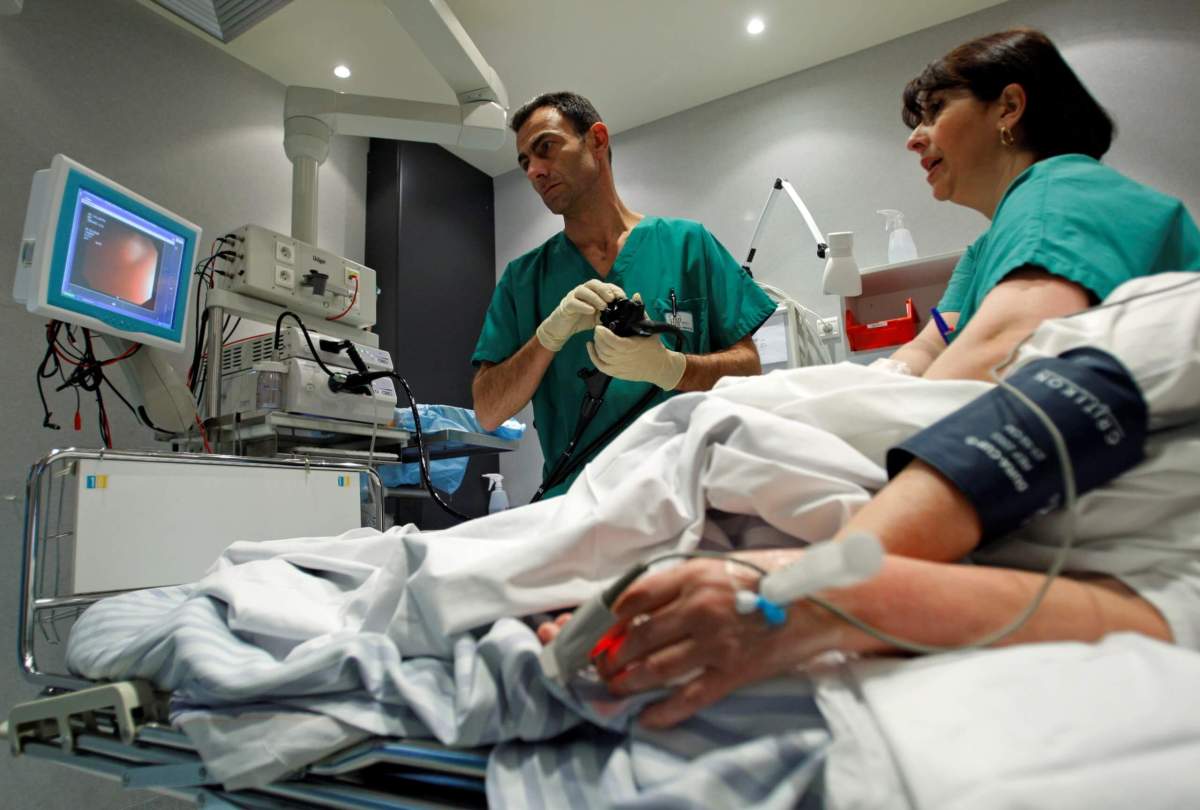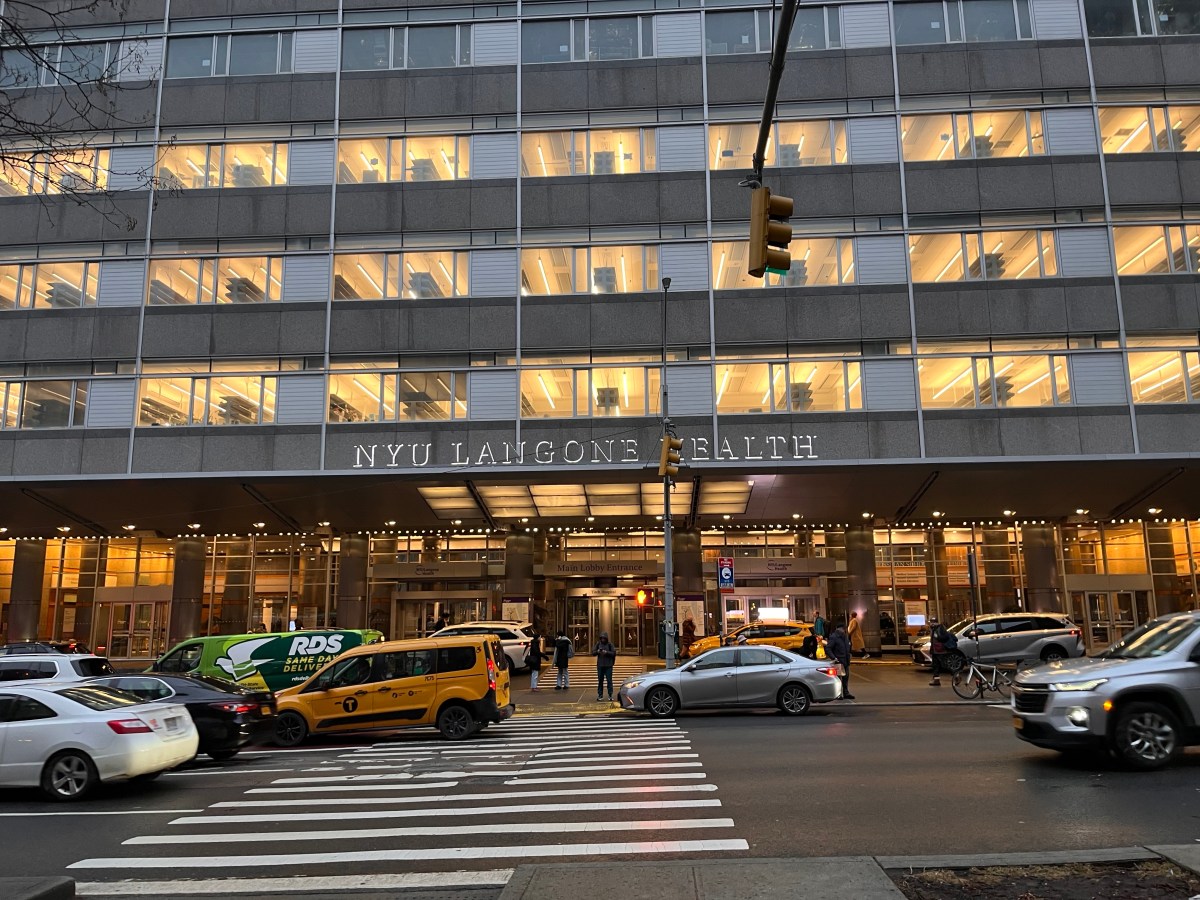Father’s Day is a time to celebrate the Dads or the father figures in our lives and show appreciation for all that they do. Starting this year, what if we also use this holiday as an opportunity to protect them and ensure their long-term health? This Father’s Day, we ask you to ask the men in your lives if they have been screened for colorectal cancer (CRC). The disease is a silent killer that affects more than 100,000 American men and women annually, particularly Black men. That’s why we are sounding the alarm to raise awareness, jumpstart more CRC screenings to catch this cancer early, and in turn, save thousands of lives every year.
Over the past two decades, cases of CRC have been increasing in individuals under the age of 50. While there could be a myriad of reasons for this trend, we know some of the main obstacles to early diagnosis and treatment is a lack of information and barriers to screenings.
Fortunately, the U.S. Preventive Services Task Force (USPSTF) recently released newly-approved medical guidelines that lowers the recommended age for CRC screening from 50 to 45. It’s an extremely important change, particularly as CRC screenings nationwide have hit a disturbing plateau at the same time that CRC incidence in younger people is rising and Black Americans are being diagnosed at a later, more deadly stages.
Cancer screenings – particularly for CRC – can save lives, and we have seen the incidence of this cancer decrease by nearly a third since the 1980s, with more than half of this decrease ascribed to CRC screening.[2]However, CRC still kills more than 50,000 Americans every year, making it the third leading cause of cancer deaths in the United States. Approximately a quarter of the public ages 50 to 75 have never been screened for CRC, even though we know when it is detected at early stages, cure rates are over 90 percent.2
There are now several options that providers can offer for CRC screening for patients without symptoms, colonoscopy, and stool-based tests. Colonoscopy not only detects cancer early, but also can identify and remove precancerous polyps, preventing cancer as well. Stool-based tests focus on early cancer detection and can be done from home, but need to be repeated every 1-3 years and, if positive, can only be valuable if paired with a diagnostic colonoscopy. By offering colonoscopy and stool-based testing, the medical community can increase the overall screening rates and cast a wider net to those in areas where access to care, time off from work, or ability and willingness to have a colonoscopy screening are lower.
From previous case studies, we know that not only can CRC’s deadly impact be reduced when we catch it early, but the high incidence among Black Americans is not an inevitable biological determinant. In 2003, the NYC Department of Health and Mental Hygiene (DOHMH) organized the Citywide Colorectal Cancer Control Coalition (C5) and initiated a campaign of screening colonoscopy in those age 50 and over. In a few short years, C5 actually eliminated the racial and ethnic screening disparities in New York City and had a reduction of CRC incidence and mortality in both Blacks and whites.
If a parent or friend in your life is 45 or older, or at increased risk of getting colorectal cancer, they should talk to their primary care doctor about which test is right for them and schedule a screening accordingly even if they have no symptoms. We need to encourage the men in our lives and reduce their risk of dying from CRC by getting screened as soon as they are able. Additionally, we must educate both patients and providers about the importance of family history and the symptoms of CRC – and we have to become more comfortable speaking openly about these symptoms with health care providers in order to have a prompt evaluation when appropriate.
Let’s honor the men we love this Father’s Day by helping educate and raise awareness, encourage screenings, and win the battle against this highly preventable cancer.
Robin B. Mendelsohn, MD, Co-Director, Center for Young Onset Colorectal and Gastrointestinal Cancer and Clinical Director, Gastroenterology, Hepatology and Nutrition Service, Memorial Sloan Kettering Cancer Center
Sidney J. Winawer, MD, Emeritus Chief Gastroenterology, Hepatology and Nutrition Service and Chair of Cancer Prevention Program, Memorial Sloan Kettering Cancer Center
Matthew A. Weissman, MD, MBA, Site Chair, Department of Medicine, Mount Sinai Beth Israel and Downtown
Pascale M. White, MD, Director of Gastroenterology Clinic, Mount Sinai Hospital
David A. Greenwald, MD, Director of Clinical Gastroenterology and Endoscopy, Mount Sinai Hospital




































